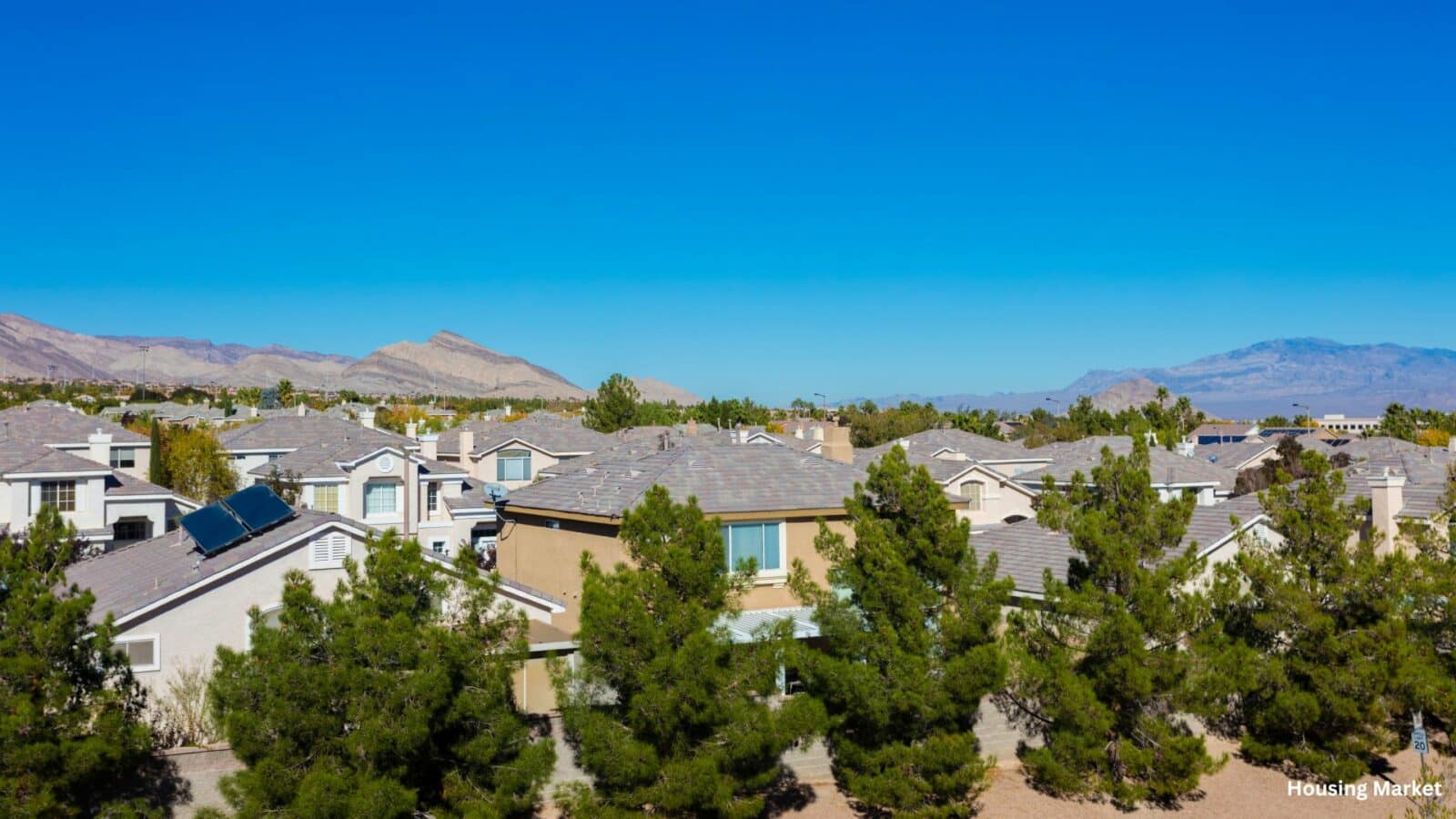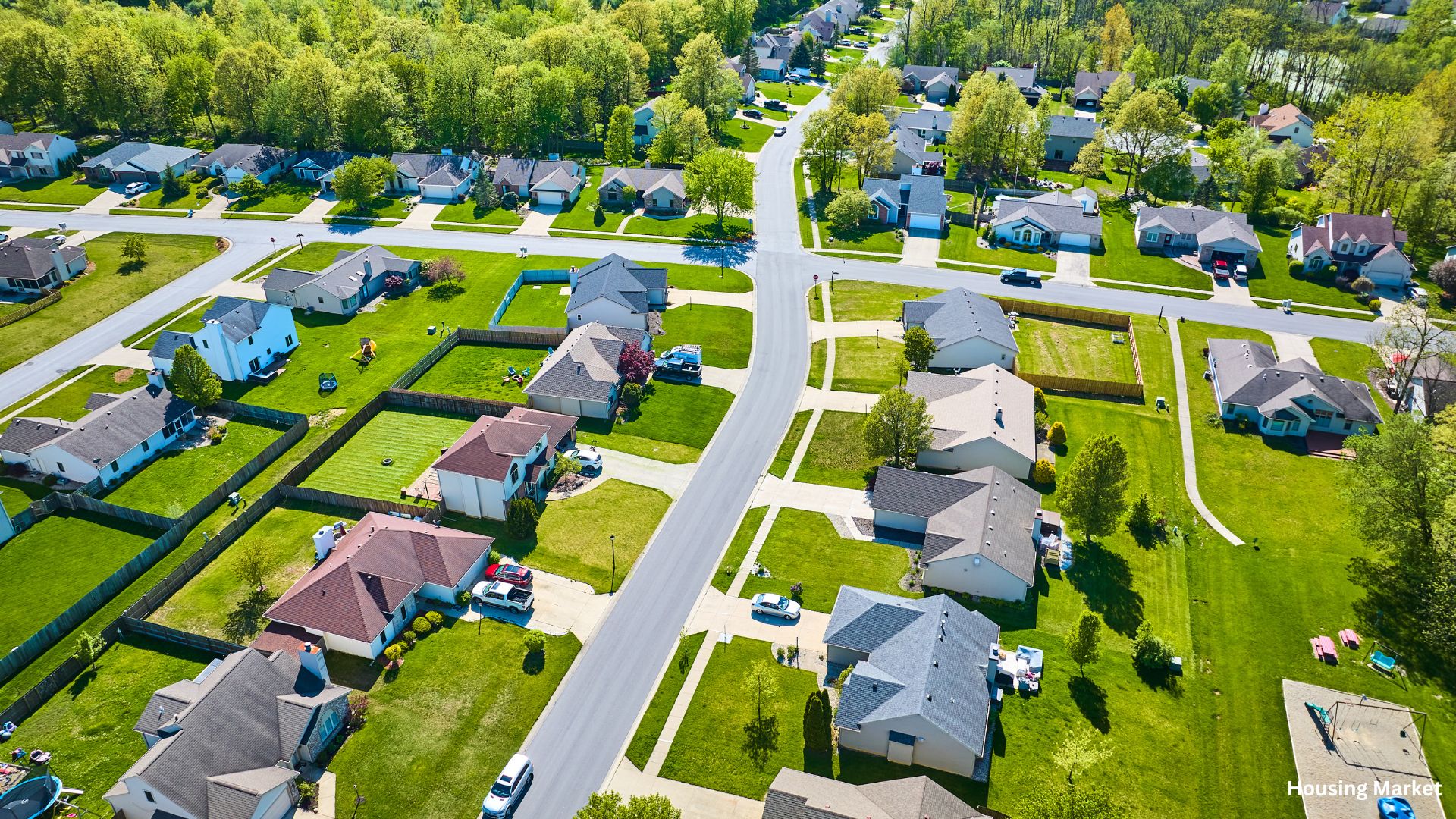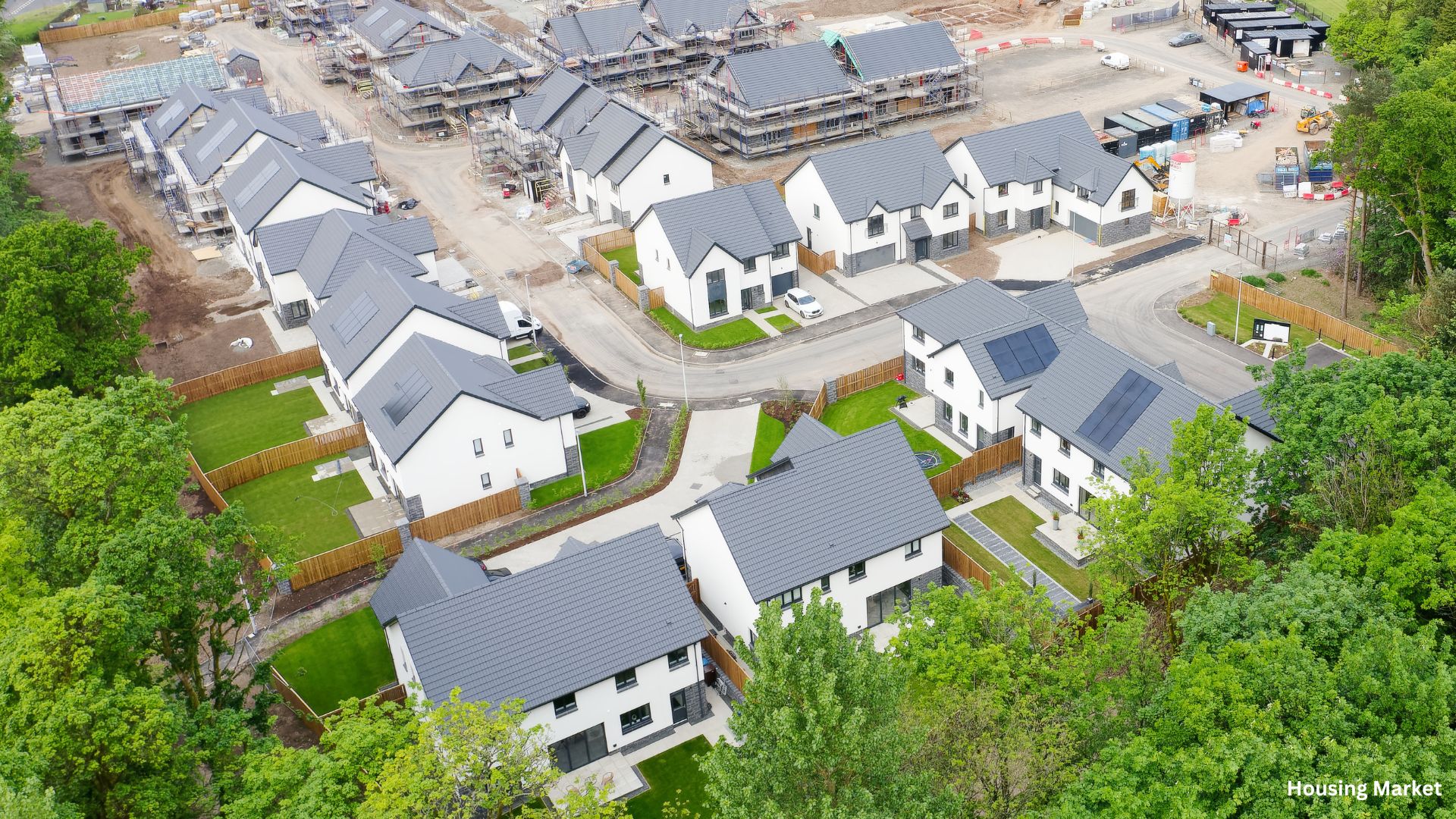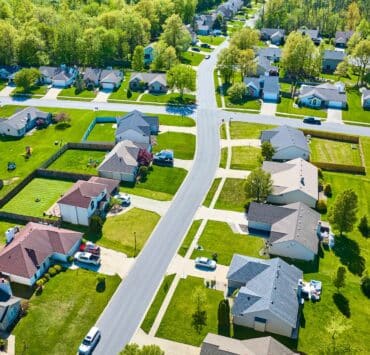Home prices in swing states have reached unprecedented levels, significantly impacting residents and the housing market. This surge in costs has heightened concerns, especially as these states play a crucial role in the upcoming 2024 presidential election.
The Surge in Home Prices in Swing States

Home prices in swing states such as Arizona, Nevada, Wisconsin, Michigan, Pennsylvania, Georgia, and North Carolina have nearly doubled since 2020. Redfin reports that the median monthly housing payment in these states has soared to $2,161, a 92% increase. This dramatic rise has been driven by high mortgage rates and a shortage of available homes.
Impact on Affordability
Voters in swing states care about housing affordability because soaring home prices and mortgage rates, along with a shortage of homes for sale, have made homeownership feel impossible for some Americans. According to Elijah De La Campa, a senior economist at Redfin, the steep increase in prices and mortgage rates has made the median-priced home unaffordable to the typical swing-state resident, assuming that a household spends no more than 30% of their income on monthly housing costs. A household earning the median swing-state income of roughly $79,155 now spends 32.8% of their earnings on housing, compared to just 21.8% in 2020.
Driving Factors
Several factors contribute to the escalating home prices in swing states. Years of underbuilding have created a housing shortage, exacerbated by rising mortgage rates and expensive construction materials. The reluctance of homeowners to sell properties with low mortgage rates has further limited supply.
Future Outlook
Economists predict that mortgage rates will remain elevated throughout 2024, offering little relief to potential buyers. While a decline in rates may occur once the Federal Reserve cuts rates, it is unlikely they will return to the lows seen during the pandemic.

Home prices in swing states are a critical issue as the 2024 presidential election approaches. With affordability worsening, this trend poses significant challenges for residents and could influence voter sentiment in these crucial regions.
Related posts:
 Affordable Rental Provider Repays $710K to Arlington County
Affordable Rental Provider Repays $710K to Arlington County
 Decline in Home Prices: Anticipating a Shift in 2024
Decline in Home Prices: Anticipating a Shift in 2024
 Maryland Governor Legislative Agenda: Military Families, Housing, and Public Safety in 2024
Maryland Governor Legislative Agenda: Military Families, Housing, and Public Safety in 2024
 Nashville’s Zoning Bills for Middle-Income Housing Spark Contentious Debate
Nashville’s Zoning Bills for Middle-Income Housing Spark Contentious Debate
 Tampa Affordable Housing Initiative Breaks Ground on New 188-Unit Building
Tampa Affordable Housing Initiative Breaks Ground on New 188-Unit Building





